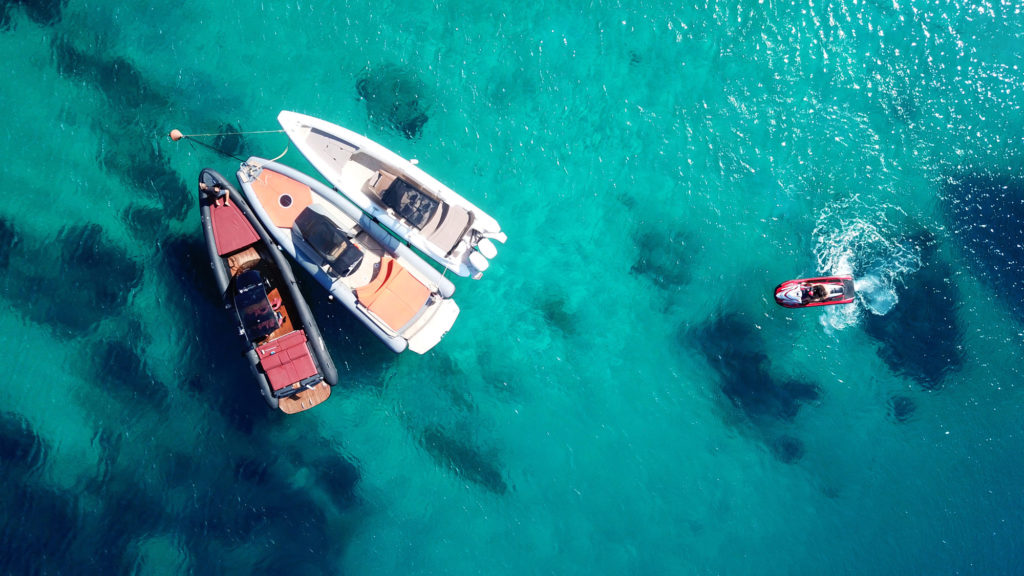You’ve been thinking about getting a boat so you can have a way to enjoy the water with your friends and family. You do have some money in savings but you’re not comfortable using it for a boat.
Instead of using savings to buy your boat, you’re trying to figure out the best way to finance a boat. Keeping money in your savings makes you feel safe and that is understandable but there are some things you need to understand about financing a boat.
Continue reading this article to learn about buying a boat.
The Best Way to Finance a Boat & Get a Good Interest Rate
When you need bad credit boat loans, you need to figure out ways to keep the costs low. The following information will help you understand ways to finance your boat for the best results.
1. Secured Loans
Secured loans mean that you put collateral up in case you fail to pay the loan. If you’re buying a boat then the boat most likely is collateral.
A secured boat loan is similar to a secured auto loan. Just like your car can be repossessed if you don’t pay the payments, your boat can also be repossessed if you don’t pay for it.
2. Unsecured Loans
An unsecured loan doesn’t require you to have any collateral down to take out a loan. Most people with fair to bad credit aren’t able to get an unsecured loan so this most likely isn’t an option if that’s your case.
If you do get an unsecured loan, know that it is usually going to have a higher interest rate than other loans due to the fact that it is riskier for the lender.
3. Fixed APR
When you look at the terms of your loan, check to see if it has a fixed APR. That means that the amount of interest they are allowed to charge you is fixed. You won’t have any surprises on your bills.
4. Variable APR
If you aren’t careful and you get a variable loan APR, you could end up with a monthly payment that is higher than you thought it was going to be originally. Variable APRs can put a kink in your repayment plan so make sure you read the terms before you sign on the dotted line.
5. Second Mortgage
If you have equity in your home, you might opt to take out a second mortgage and use the money to buy your boat. A home equity loan is a type of second mortgage and in this case, would be used to buy your new boat.
6. Downpayment vs. No Downpayment
You can choose to make a downpayment or not when you get your boat. The more you put down on your purchase, the less interest you’re going to pay over time.
Many times lenders will also charge you less interest if you put a significant downpayment on your purchase. Since you’ve put a large downpayment on your purchase they consider you to be less of a risk than in a no downpayment situation.
7. Length of Loan
Another choice you have is the length of your loan. While your payments will be lower the longer you have to make payments, it isn’t necessarily helping you in the long-term.
Longer loan terms mean you’re paying more interest over the time of the loan. If you aren’t worried about the interest but you are more focused on having a low monthly payment, you want to max out the length of your loan.
Decrease the Interest Rate You’ll Pay
When you start thinking about buying your boat, there are things you can do to get the lowest interest rate possible.
Even if you have a less than perfect credit history, there are some things you can do to make it more attractive to lend money to you. The sooner you can start working on your credit history and bringing up your credit score, the easier it will be when it comes time to ask the bank to lend you money for a boat.
Pay Bills on Time or Early
Paying bills late or defaulting on payments is one of the quickest ways to tank your credit score. The longer positive credit history you have, the better it looks on your credit.
Negative credit remarks fall off after 7 years but positive remarks on your credit stay on for 10 years. Keep this in mind to give yourself hope when you’re rebuilding your credit.
If you forget about a bill, it can cause problems with your credit. To remedy this problem, put your bills on auto-pay so they will come out when they are due.
Reduce Credit Card Utilization
If you’re carrying high balances on your credit cards, this is hurting your credit score. You want to keep your credit card utilization at 30% or below to make sure that it doesn’t hurt your credit score.
When you’re near to maxing out your credit cards, you look like you’re in financial trouble.
Reduce Overall Debt
Pay down your overall debt as much as you can before you try to get another loan. Lenders look at your debt to income ratio. If your debt to income ratio is too high, it’s a big red flag for a risky loan.
Learn More About Money & Finance
Now that you know more about the best way to finance a boat, why not continue your education? We have a whole section on money and finance so make sure to drop a bookmark there and come back for more great reads.




